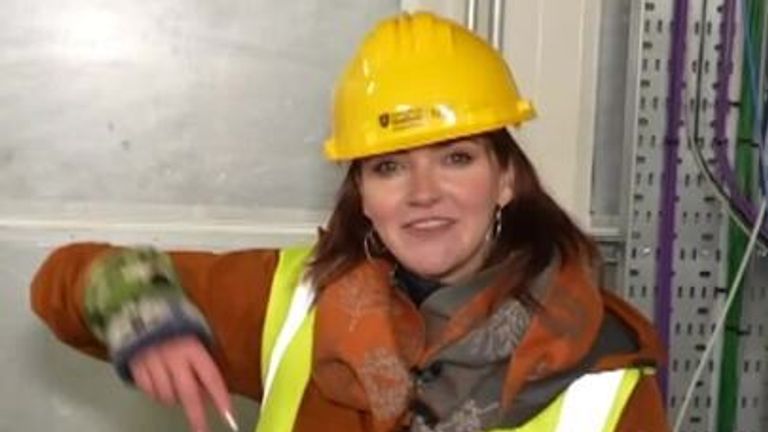World
Top 1% of UK earners cause ‘seven times more transport emissions than average’, report finds

A small slice of the highest earners in the UK are responsible for seven times more greenhouse gas emissions from their travel and transport than the average person, a new report has found.
The research suggests a “small minority” of the population are creating the “majority” of emissions from cars, planes and trains.
It found the highest earning 1% – those who earn at least £160,000 a year – emit at least seven times more from their transport than average earners, and 13 times that of the lowest earners.
It comes amid a debate about whether the UK should introduce a levy on frequent fliers in a bid to curb the carbon-intensive form of travel.
The report by the left-leaning IPPR thinktank also found that men are more likely to be higher emitters than women, as they cover “significantly” more distance by both car and plane.
Meanwhile, white Brits tend to travel more and emit more than British people of colour.
Those from deprived neighbourhoods and those with a disability tend to travel and pollute far less.
Bringing down these emissions would improve air pollution and quality of life and tackle inequality, and the changes should start with those who can best afford it, IPPR argues.
Dr Maya Singer Hobbs, senior research fellow at IPPR, said: “Our transport system both reflects and contributes to social inequalities. Reducing emissions can actually tackle some of that injustice, if done fairly.
“But while not everyone needs to make the same changes, those who are financially best off need to do the most.”
The idea of taxing the travel of those who can most afford it is quite popular in the UK and Europe, according to separate polling by thinktank More in Common.
Its April poll found that if green taxes were to be added on flying, the public would want them to start with private jets and first-class flyers.
Read more from Sky News:
Climate change made UK’s soggy winter event wetter, study finds
The plant which uses as much power as a city
Overall, the UK’s emissions are falling.
But while the country has slashed those coming from the power sector, largely by ditching dirty coal power, it has made “limited progress over the past three decades in reducing emissions from transport”, the IPPR report said.
Domestic transport is now the country’s largest emitting sector, responsible for 29% of emissions, followed by buildings and products at 20%, industry at 14% and electricity at 11%, according to government data.
However, the government excludes aviation and shipping from its emissions budgets.
IPPR is calling for better public transport, including local buses, more support for walking and cycling and a faster switch to electric vehicles.
It also calls for new taxes on private jets, and says the 2030 ban on new petrol or diesel cars, delayed to 2035 by Prime Minister Rishi Sunak last year, should be reinstated.












